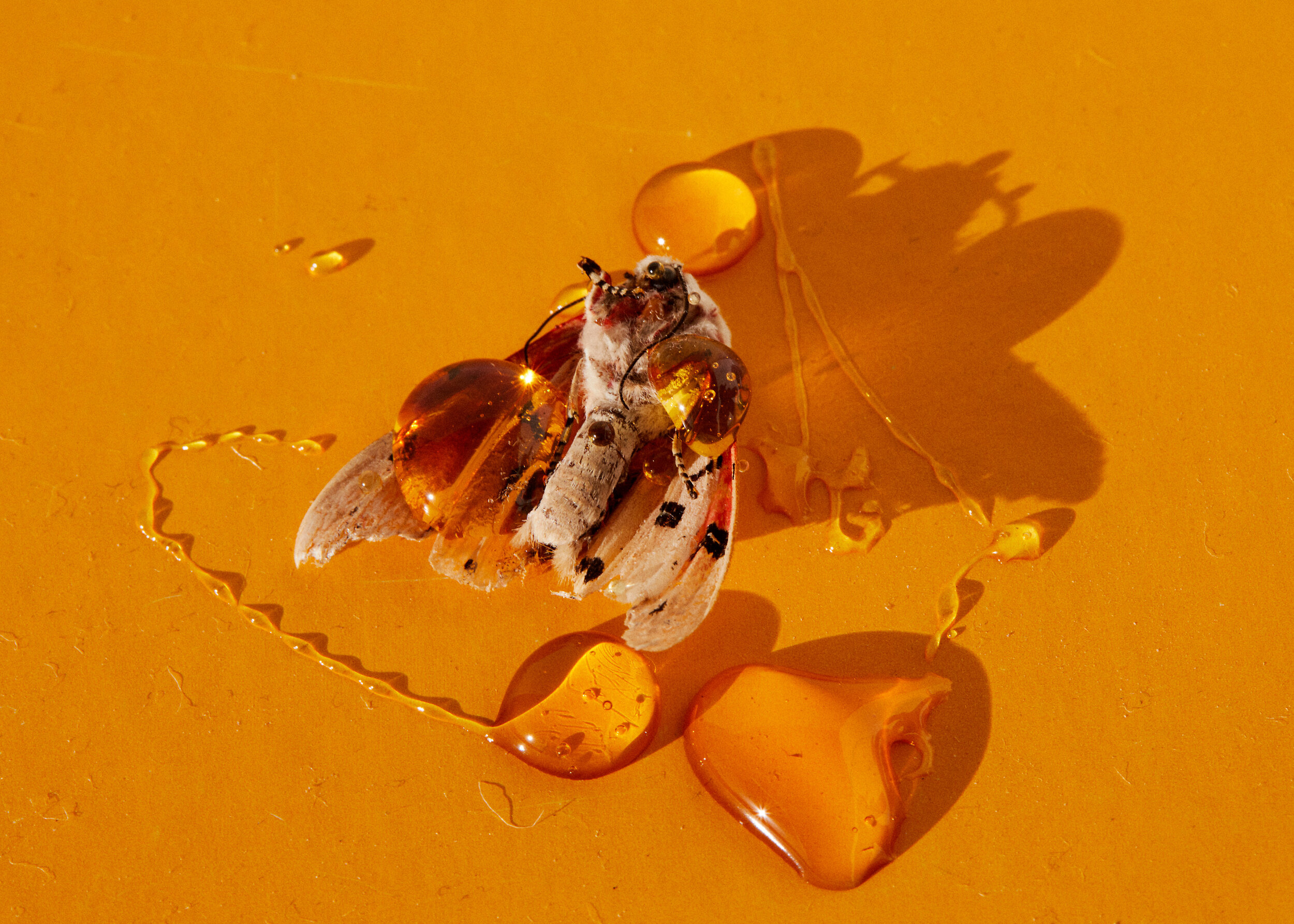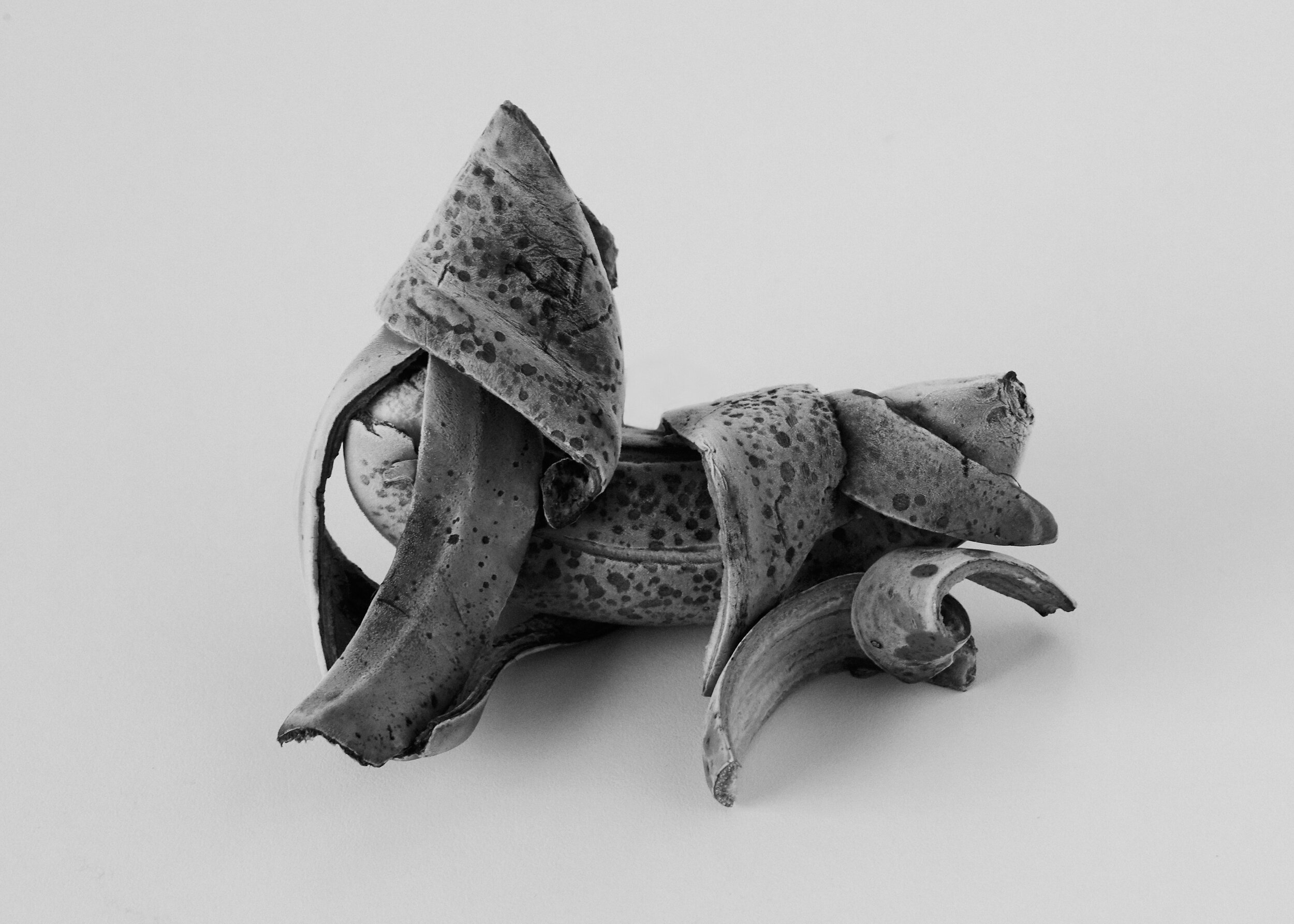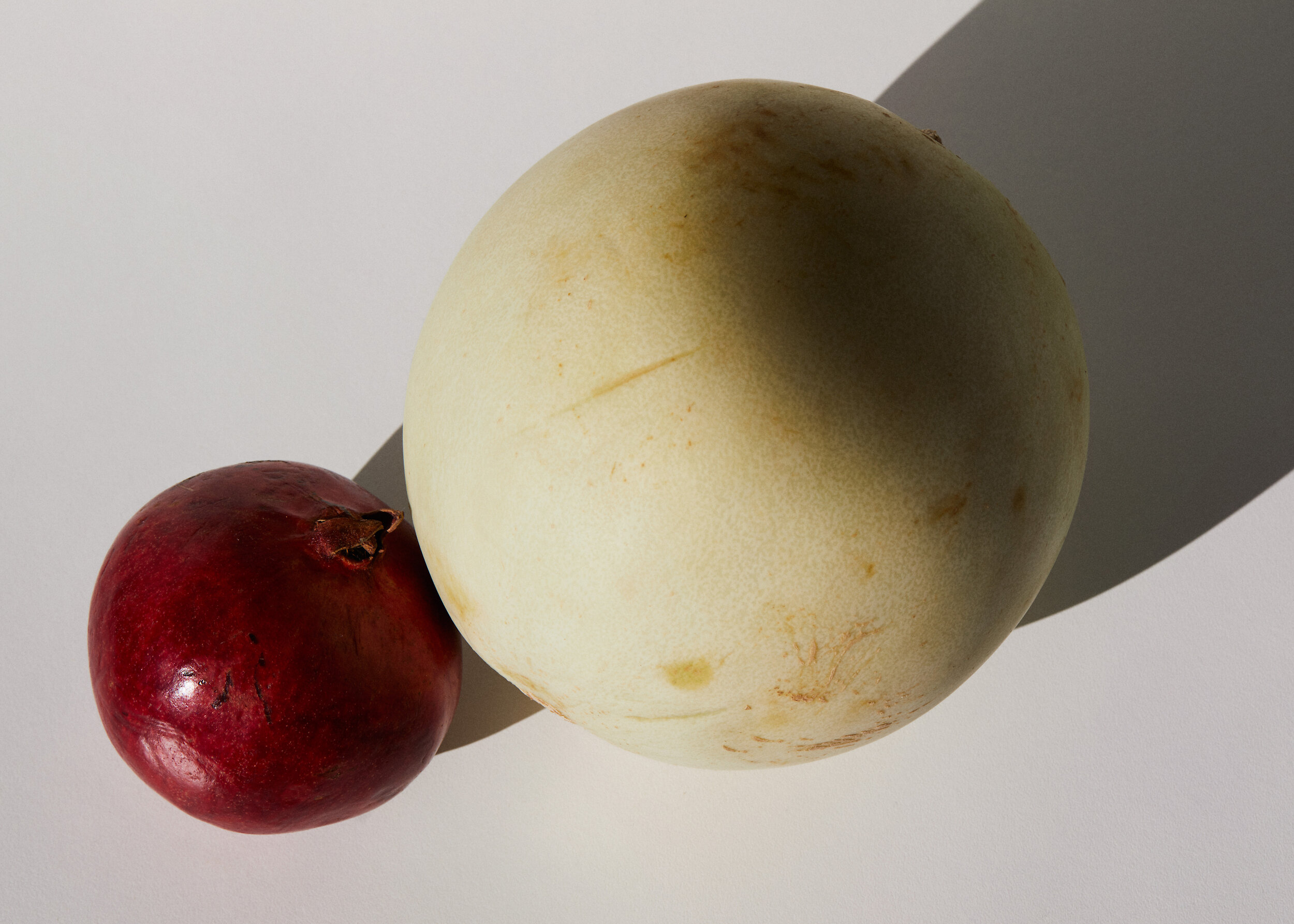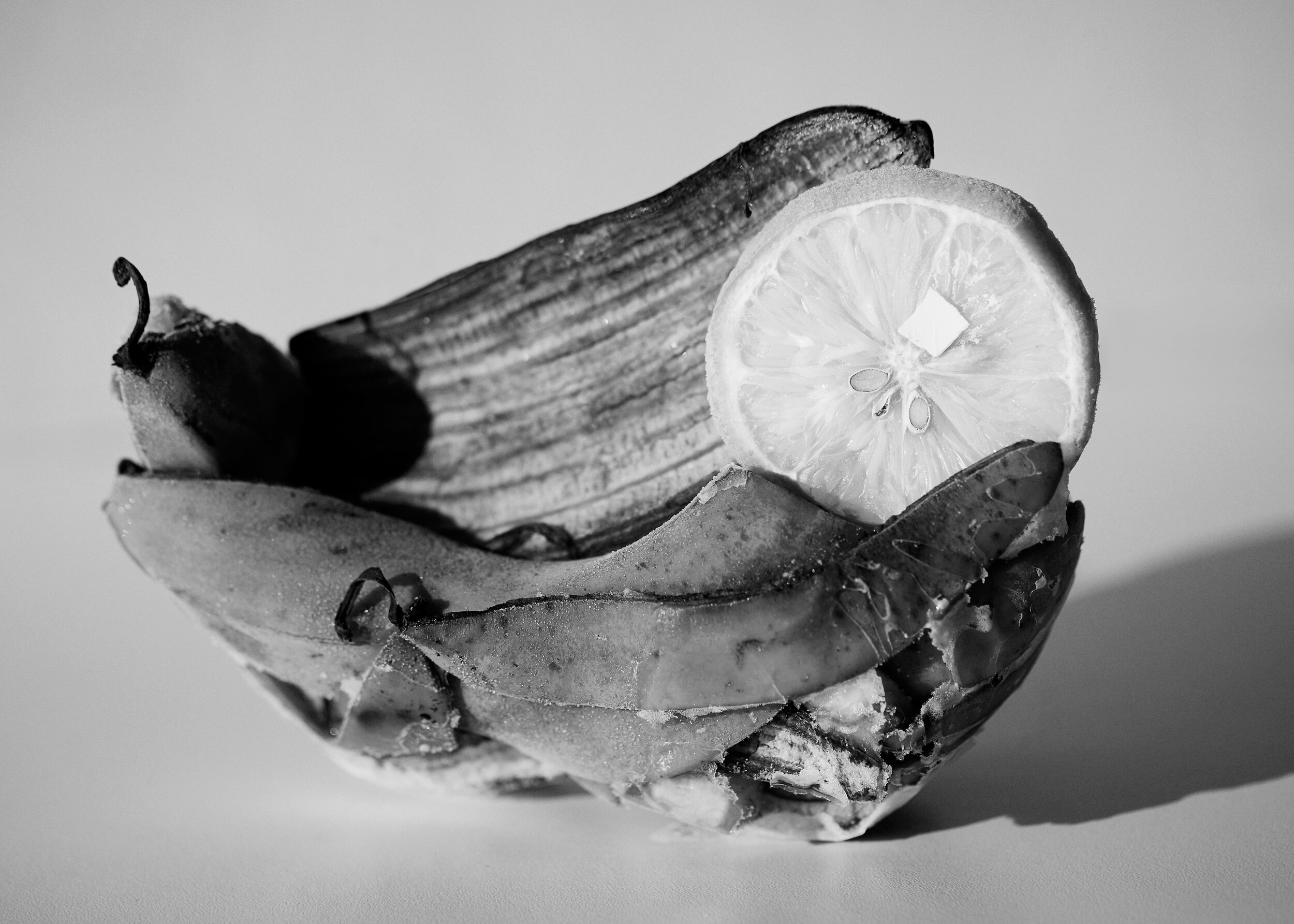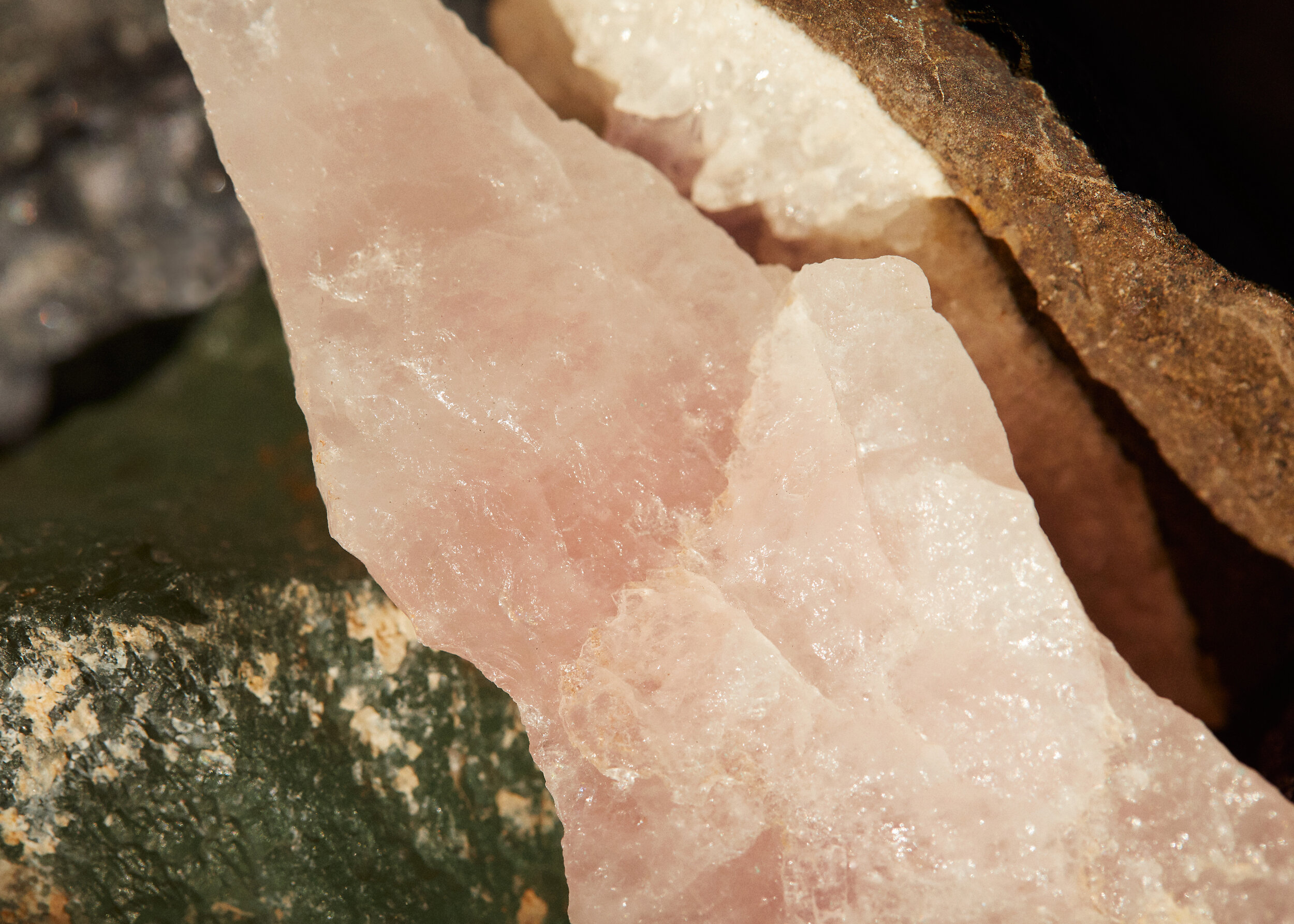Interlude, Francois Visser
FRANCOIS VISSER’S RICH, TELLING PORTRAITS AND MIRACULOUSLY INTIMATE LANDSCAPES COLLECT MOMENTS OF DISTINCT INDIVIDUALITY IN OFTEN REMOTE REGIONS OF SOUTHERN AND EASTERN AFRICA.
Interlude is a book compiled of multiple photographic series shot in Namibia, Tanzania, Zimbabwe, and Cape Town, South Africa, where Francois lives. This project was shot between 2014 and 2017, mostly using medium format film, predominantly in color but also black and white. Francois’s work tends to represent the scale and interplay of large and small instances. Of vast landscapes against personal details—relentlessly dramatic skies stretching over seemingly workaday moments. The simultaneity of harsh natural and socio-economic work conditions intermingle with spontaneous scenes of rest and relaxation, performance, and joy.
Francois was able to answer some of our questions about this series, as well as how he is living and continuing to make work during lockdown.
HOW DID INTERLUDE ORIGINATE?
I’ve revisited three series of work, “Super Acrobats”, “Impermanent Places” and “Pikipiki Riders” which were self-published as an artist edition book, “Interlude”, which altogether forms a chronicle of anecdotal stories and portraits.
“Pikipiki Riders” was shot when I traveled to the Southern Highlands of Tanzania which is home to agricultural communities. The roads there are largely inaccessible, making motorcycles the main mode of transportation between villages. Whether it’s weaving through the mountain hills to visit a family member, going to work, or transporting goods, motorcycles are the primary connectors in these communities.
Iddy, Massele, Lutha and Hamisi are the performers from Tanzania featured in “Super Acrobats.” We spent two summers together documenting their training regimens. And “Impermanent Places” is a series of photographs taken on the road stretching from Zimbabwe through the Caprivi Strip in Namibia towards the Kaokoland, a region where temperatures can easily soar above 40°C/105°F and dust storms are a common occurrence.
WHAT WERE SOME OF THE CHALLENGES OF PHOTOGRAPHING INTERLUDE?
Traveling alone with equipment can be challenging at times, as can be getting to know people and building trust when collaborating on projects; but ultimately conversations, interactions, and relationships leave an imprint beyond that of a photograph. Sometimes when I’m traveling the encounters can be transient which can be more challenging.
WILL YOU CONTINUE TO DOCUMENT ANY OF THE SUBJECTS OR SERIES IN INTERLUDE, POST-LOCKDOWN? HOW WILL CURRENT CIRCUMSTANCES CHANGE THESE CONTINUED SERIES AND RELATIONSHIPS?
Some of the photographs in the book were taken in the Kunene region of Namibia. I was actually in Namibia working on a personal project when the lockdown was announced so I had to make my way back to South Africa. My dad is from Namibia and we used to spend time there as kids so I feel drawn to go back there. With current circumstances I suppose it won’t be possible to travel for some time, but that’s ok. I feel optimistic about the prospect of returning when the time is right. Tanzania was amazing but I doubt I’ll go back any time soon. The Super Acrobats are from Tanzania but they live in Cape Town and we keep in touch.
HOW DO YOU CREATE AT HOME? HOW IS THIS DIFFERENT FROM YOUR REGULAR PROCESS?
I work best when my physical space is organized, but I don’t follow a specific formula, instead I try to experiment without any predetermined ideas. Sometimes when something doesn’t work a different door accidentally opens. It’s very different from my regular workflow as I mostly shoot outside, traveling to places where I get to meet new people and engage with external environments.
I live in Cape Town. We have been under a pretty hard lockdown for seven weeks and have not been allowed to leave our homes except for groceries or to go to a pharmacy, but now there’s a window allowed for exercise in the morning that is a welcome reprieve.
HAS THIS SITUATION ENCOURAGED OR EVEN DEMANDED YOU TO TRY SOMETHING NEW IN YOUR WORK?
I usually work on film but the labs are currently closed so I’ve been using a digital camera with a different lens in my apartment. I’m also using an analog camera alongside the digital one and sometimes find myself being more impromptu when using the digital camera while conversely more engaged with analogue. In hindsight, the limited access to resources has also been a silver lining, by simplifying the process. My approach has been less methodical; I usually do a lot of planning prior to a shoot or project.
WHAT ARE SOME OF CURRENT CHANGES IN PROCESS, APPROACH, OR OUTCOME?
Right now I’m approaching my workflow more freely and just letting ideas ricochet without constraint.
DO YOU HAVE A NEW OR DIFFERENT WAY OF STAYING INTERESTED, INSPIRED, OR MOTIVATED?
I stay motivated by keeping busy and staying in touch with friends and family. Also exercise and I’ve recently been listening to podcasts. I wrote this quote down by Sanford Meisner, “That which hinders your task is your task”. It made me realize I sometimes spend far too much time meandering on social media. There’s so much information out there so I think it’s necessary to be discerning with social media and information consumption. I’ve been trying to curate it more carefully. Living by myself I find having a daily routine to be really important otherwise days tend to merge together since there’s not a lot of real time contact with other people at present.
HOW HAVE CHANGES IN YOUR LIFE CHANGED YOUR WORK?
The change of pace has made a lot of the everyday white noise dissipate. It feels like we’re in uncharted waters fraught with uncertainty. It can be a bit overwhelming at times but I think Buddhists have a saying: Relax, nothing is under control! So I’m embracing the current situation, moment to moment.
IS THERE ANYTHING POSITIVE (OR NEGATIVE) YOU CAN SEE COMING OUT OF THIS SITUATION FOR YOUR WORK?
I think pressing pause temporarily can give one an opportunity to re-evaluate the way we function and work and could lead to industry changes that are more sustainable in future, though time will tell whether society will collectively use this as a catalyst for change or not. I imagine sets and crews will be smaller with new protocols. Working remotely could become the norm, due to stricter travel regulations and so on. Different modes of conduct will hopefully shift behavior and give birth to new ideas. Isn’t necessity the mother of invention? For example working only within one’s immediate surroundings has made me try new things which I would have been reluctant to do otherwise and there’s novelty in that.
DO YOU HAVE ANYTHING (OR ANYONE) THAT YOU’D CONSIDER AN INFLUENCE ON YOUR AESTHETIC, OR PRACTICE, OR APPROACH?
I’ve always admired Josef Koudelka’s work as well as John Szarkowski. And cinema in particular, films like Time of the Gypsies, directed by Emir Kusturica, Fellini’s 8 1/2 and Elem Klimov’s Come and See. The last one is harrowing and disturbing but cinematically masterful.
